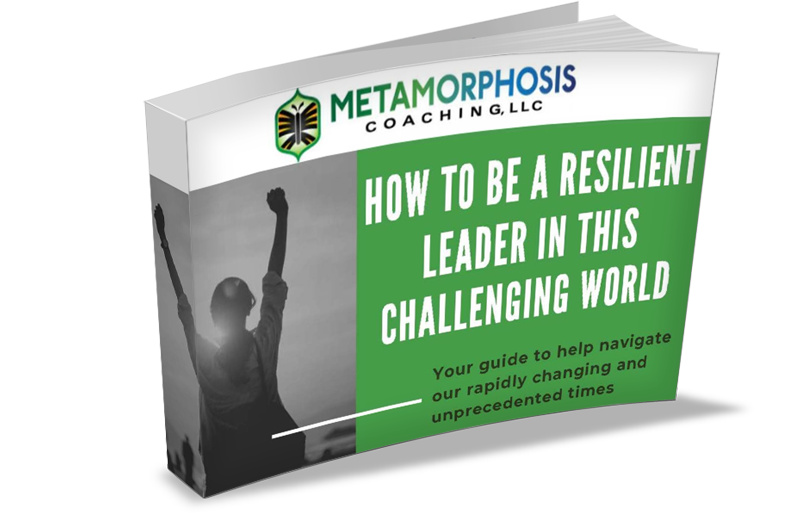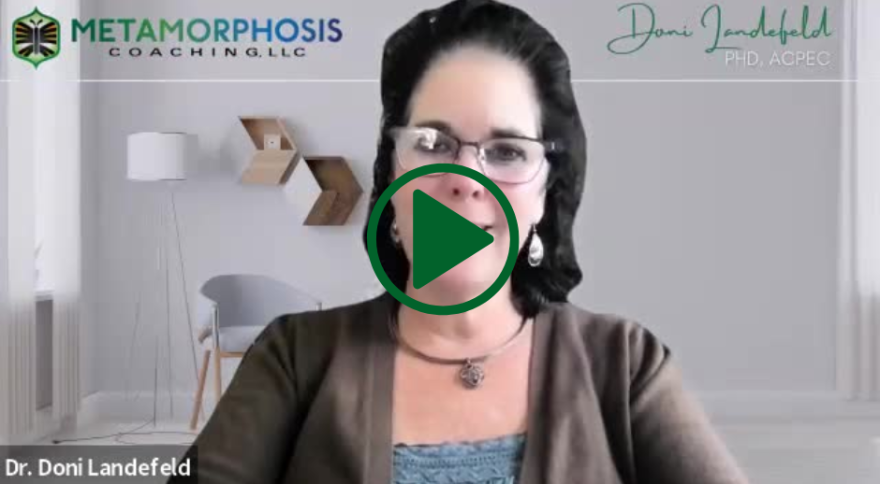The Professional Development Model that Streamlines All Others: EQ Example

The Professional Development Model that Streamlines All Others: EQ Example
by Doni Landefeld, Ph.D., ACPEC
Positive Intelligence ™ (PQ) streamlines other professional development models by simplifying the process of skill acquisition and personal growth into an accessible framework. Here’s how it works:
- Condenses complex processes into simple steps: PQ reduces the complexity of various models into three main steps: Pause, Notice, Choose. These steps are easy to remember and apply across various situations, making personal development more approachable. For example, compared to more detailed frameworks like the BarOn EQ-I’s “Pause, Process, Pick, Perform,” PQ simplifies it, making it more intuitive to use in high-pressure environments.
- Focus on mental fitness as a foundation: Many professional development models focus on skills, behaviors, and external strategies. PQ addresses the root cause of why individuals often fail to implement these strategies—mental saboteurs (negative thought patterns). By emphasizing mental fitness, PQ helps people identify and intercept self-sabotaging tendencies, making other models more effective and long-lasting.
- Applies across multiple disciplines: PQ is versatile, combining neuroscience, positive psychology, and performance science, which means it can be integrated into leadership training, team dynamics, emotional intelligence development, and even stress management. It enhances the effectiveness of these models by providing a core approach to overcoming mental blocks and optimizing performance.
- Builds resilience and adaptability: PQ not only streamlines but also strengthens other development models by helping individuals recover more quickly from setbacks and stay engaged in the learning process. Its focus on positive mental framing increases one’s capacity to cope with challenges, improving long-term results in professional development efforts.
On contemplating “pre-silience”
“Resilience means bouncing back from adversity. But what we want is to train our minds so that we maintain our capacities even as we are experiencing challenge.”
— Peak Mind by Amishi P. Jha, Ph.D.
Now, to apply our example – Positive Intelligence (PQ) and Emotional Intelligence (EQ) are related but distinct concepts, each focusing on different aspects of personal and interpersonal development:
- Emotional Intelligence (EQ): Refers to the ability to recognize, understand, and manage one’s own emotions, as well as the emotions of others. It encompasses skills such as empathy, self-awareness, emotional regulation, and effective communication. EQ helps people navigate social interactions, build strong relationships, and make informed decisions based on emotional awareness.
- Positive Intelligence (PQ): Focuses on mental fitness, combining principles from neuroscience, positive psychology, and performance science to increase one’s capacity to handle life’s challenges with a positive mindset. PQ highlights how individuals often sabotage their own success by misusing their strengths and helps them develop mental resilience. PQ is about understanding the mental patterns and triggers that undermine performance and well-being, and building strategies to shift towards more productive, positive thoughts and behaviors.
- Key Difference: While EQ is about managing emotions and social interactions, PQ emphasizes mental fitness by addressing how we self-sabotage and helping individuals strengthen their ability to respond to challenges with a positive, growth-oriented mindset. PQ is a foundation for enhancing EQ, as it raises one’s capacity to manage emotional triggers more effectively.
So the takeaway we’d like you to consider is:
Positive Intelligence makes professional growth models more accessible, effective, and durable by simplifying processes, addressing root causes of self-sabotage, and building mental resilience.
PQ+EQ=A New You. Let’s simplify EQ acquisition through PQ!
What are the root causes holding you back? Let’s meet up for a chemistry call!
Special Report:
How to be a Resilient Leader in this Challenging World. PLUS More Free Resources!

Sign up below and get your FREE "How to Be a Resilient Leader in This Challenging World" Report today!

